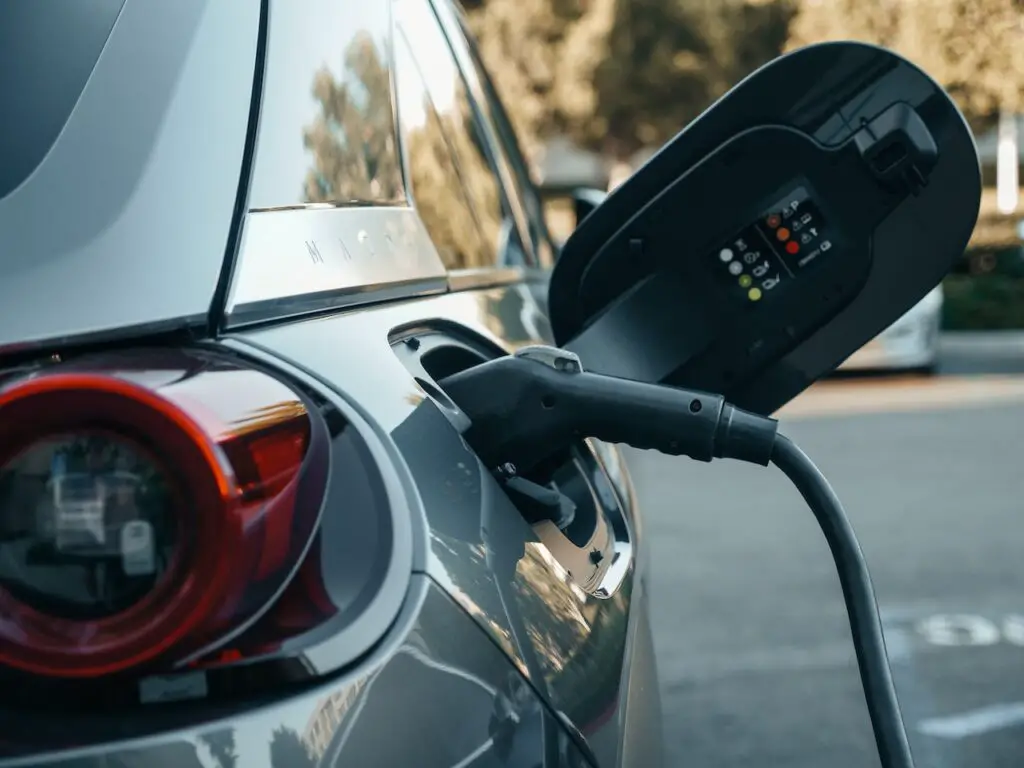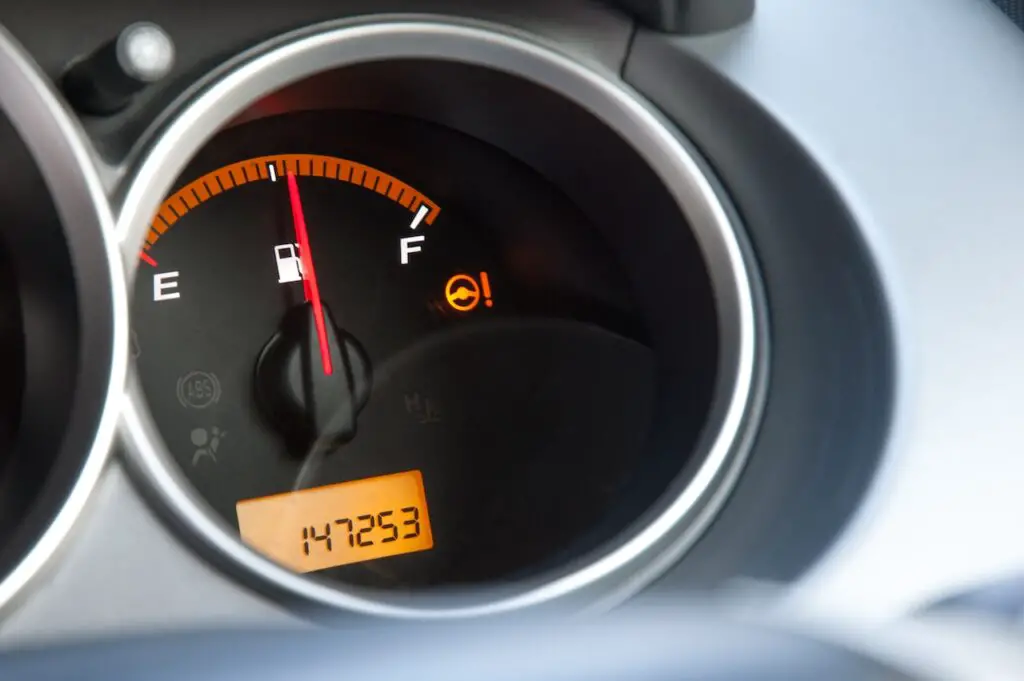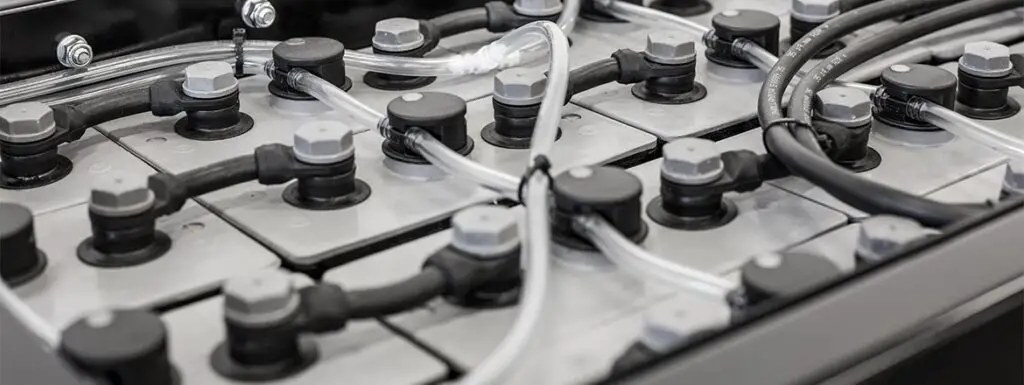Hey there, electric car enthusiasts! Have you been wondering about the real facts behind electric car battery life? With so much information out there, it can be tough to separate fact from fiction.
In this post, we’re going to break down some of the most common myths surrounding electric car battery life and get to the truth of the matter. Whether you’re an existing EV owner or considering making the switch, this post will help you understand what you need to know about your electric car’s battery life.
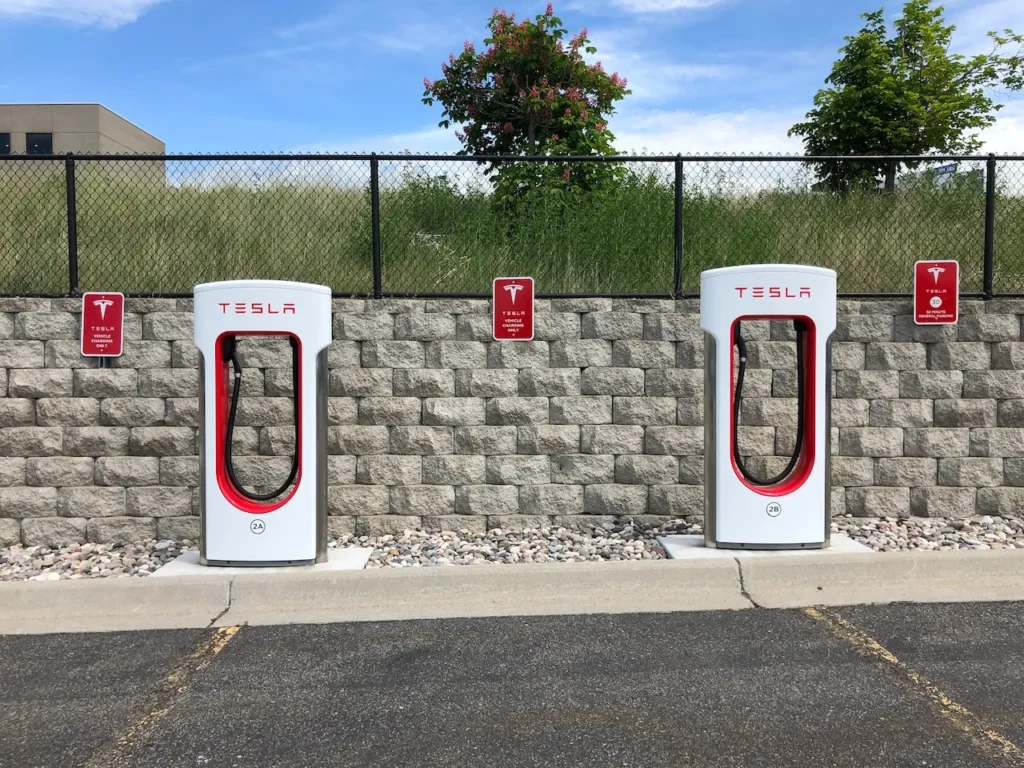
Electric car batteries degrade quickly
One of the most common myths surrounding electric cars is that their batteries degrade quickly, leading to reduced range and expensive replacement costs. This myth exists because early electric car models did experience battery degradation at a faster rate than expected, which led to concerns about the long-term viability of electric cars. However, advancements in battery technology and improvements in electric car design have largely addressed these concerns.
Today’s electric car batteries are designed to last for hundreds of thousands of miles, and many electric car manufacturers offer warranties of up to 8 years or 100,000 miles for battery life.
According to the National Renewable Energy Laboratory, electric car batteries may last 12 to 15 years in moderate climates, potentially outliving the cars they’re installed in. Additionally, studies have shown that electric car batteries degrade at a slower rate than initially expected, with some electric cars retaining up to 95% of their battery function after 50,000 miles.
While electric car batteries are designed to last for a long time, there are still steps that electric car owners can take to maintain battery health and maximize battery life. One of the most important tips is to avoid letting the battery run down to zero, as this can cause unnecessary strain on the battery and reduce its overall lifespan.
Additionally, avoiding extreme temperatures and keeping the battery cool can help to preserve battery life. Finally, following the manufacturer’s recommended maintenance schedule and avoiding fast charging whenever possible can also help to maintain battery health over the long term.
Electric cars are not suitable for long-distance travel
One concern for potential electric car buyers is whether electric cars are suitable for long-distance travel. This myth exists because early electric car models had limited range and a lack of charging infrastructure, which made long-distance travel difficult or impossible. However, advancements in electric car technology and the growth of charging infrastructure have largely addressed these concerns.
Today’s electric cars have significantly improved range, with many models offering over 200 miles of range on a single charge. Additionally, the growth of charging infrastructure has made it easier than ever to find charging stations, even in remote areas.
According to the US Department of Energy, there are now over 41,000 public charging stations across the country, with many located along major highways and travel routes. With the right planning and preparation, electric cars are now a viable option for long-distance travel.
While electric cars are now suitable for long-distance travel, there are still challenges to be aware of. One of the biggest challenges is range anxiety, or the fear of running out of battery power before reaching a charging station.
To address this concern, many electric car manufacturers have developed features such as real-time range estimates and in-car navigation systems that can help drivers plan their routes and find charging stations along the way. Additionally, many charging stations now offer fast charging options that can provide a significant boost in battery power in a short amount of time.
Another challenge for long-distance travel in electric cars is the availability of charging infrastructure in certain areas. While charging stations are becoming more common, there are still some areas where they may be scarce or non-existent. To address this concern, electric car drivers can plan their routes in advance and make sure to research charging options along the way. Additionally, some electric car manufacturers offer roadside assistance programs that can provide assistance in the event of a low battery or charging emergency.
Electric car batteries are dangerous
One of the most persistent myths surrounding electric cars is that their batteries are dangerous and can pose a risk of fire or explosion. This myth exists because of a few high-profile incidents involving electric car fires, which have led to concerns about the safety of electric car batteries. However, it’s important to note that these incidents are rare and that electric car batteries are generally considered safe.
Electric car batteries are designed to be safe and reliable, with multiple layers of protection to prevent fires or explosions. According to the National Highway Traffic Safety Administration, electric cars are no more likely to catch fire than gas-powered cars, and may even be less likely due to their lower risk of fuel leaks. Additionally, electric car manufacturers conduct extensive safety testing on their batteries to ensure that they meet rigorous safety standards.
Electric car batteries are designed with multiple safety features to prevent fires or explosions. These features include thermal management systems to regulate temperature, safety vents to release pressure, and circuit breakers to prevent overcharging.
Additionally, electric cars are subject to the same safety regulations as gas-powered cars, including crash safety testing and safety standards for electrical systems.
In the event of an accident or other emergency, electric cars also have safety protocols in place to protect passengers and first responders. For example, electric cars are designed to automatically shut off their electrical systems in the event of a crash, and emergency responders are trained to safely handle electric car batteries.
So, while there have been some high-profile incidents involving electric car batteries, these incidents are rare and electric car batteries are generally considered safe. With multiple layers of protection and extensive safety testing, electric car batteries are designed to be reliable and safe for everyday use.
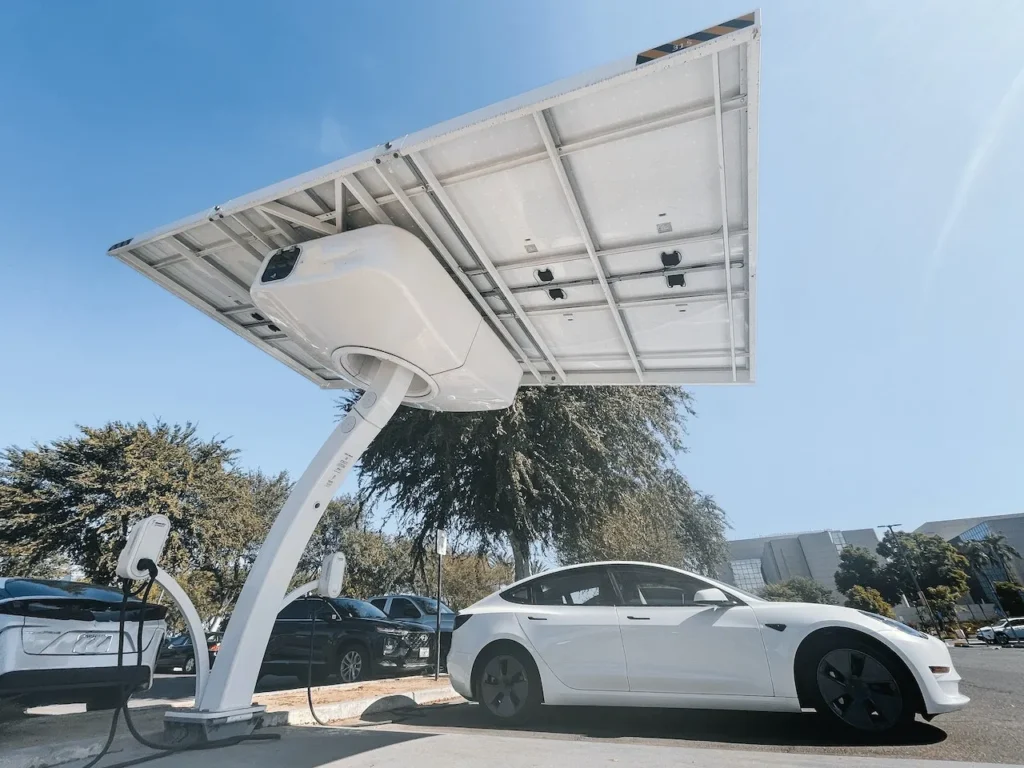
Electric cars are not environmentally friendly
Another myth surrounding electric cars is that they are not actually environmentally friendly, despite their lack of tailpipe emissions.
This myth exists because of concerns about the environmental impact of electric car production and the electricity used to charge them. However, it’s important to consider the full life cycle of electric cars when assessing their environmental impact.
Studies have shown that electric cars are significantly more environmentally friendly than gas-powered cars, even when accounting for the environmental impact of their production and charging.
According to the Union of Concerned Scientists, electric cars produce less than half the emissions of gas-powered cars over their lifetime, even when accounting for emissions from electricity generation. Additionally, electric cars can help to reduce emissions from the transportation sector, which is one of the largest sources of greenhouse gas emissions.
While it’s true that electric car production and charging do have an environmental impact, this impact is generally smaller than the impact of gas-powered cars. Additionally, advancements in battery technology and renewable energy are helping to reduce the environmental impact of electric cars over their lifetime.
For example, many electric car manufacturers are now using recycled materials in their production processes, which helps to reduce the environmental impact of manufacturing. Additionally, the growth of renewable energy sources such as wind and solar power is helping to reduce emissions from electricity generation, making electric cars even more environmentally friendly.
Electric cars are too expensive
One common myth surrounding electric cars is that they are too expensive for the average consumer. This myth exists because electric cars have historically had a higher upfront cost than gas-powered cars, which has made them less accessible to many consumers. However, the cost of electric cars has been decreasing in recent years, and there are now more affordable options available.
While electric cars may have a higher upfront cost than gas-powered cars, they can actually be more affordable over the long term. According to Consumer Reports, electric cars can have a lower total cost of ownership than gas-powered cars, due to lower fuel and maintenance costs. Additionally, there are now more affordable electric car models available, with prices starting at around $30,000.
When considering the cost of electric cars, it’s important to look beyond the upfront cost and consider the total cost of ownership over the lifetime of the car. Electric cars have lower fuel and maintenance costs than gas-powered cars, which can help to offset the higher upfront cost. Additionally, there are a number of incentives available that can help to make electric cars more affordable, such as federal tax credits, state incentives, and utility rebates.
For example, the federal government offers a tax credit of up to $7,500 for the purchase of a new electric car, and many states offer additional incentives such as rebates or tax credits. Additionally, some utilities offer rebates or other incentives for the purchase of an electric car, or offer discounted electricity rates for electric car owners.
Electric cars are not as powerful as gas-powered cars
Some people also believe the myth that electric cars are not as powerful as gas-powered cars. This myth exists because early electric car models had limited range and lower horsepower than gas-powered cars, which led to concerns about their performance. However, advancements in electric car technology have largely addressed these concerns.
Today’s electric cars are capable of impressive performance and acceleration, with many models offering instant torque and quick acceleration. For example, the Tesla Model S Plaid can go from 0 to 60 mph in under 2 seconds, making it one of the fastest cars on the market. Additionally, electric cars have lower center of gravity due to their battery placement, which can lead to better handling and stability on the road.
Another advantage of electric car performance is the ability to customize driving modes to optimize performance or efficiency. Many electric cars offer different driving modes that can adjust acceleration, regenerative braking, and other settings to suit the driver’s preferences.
Electric cars are not practical for everyday use
Another persistent myth surrounding electric cars is that they are not practical for everyday use, due to concerns about their range, charging time, and availability of charging stations. This myth exists because early electric car models had limited range and longer charging times than gas-powered cars, which led to concerns about their practicality for daily use.
Today’s electric cars are much more practical for everyday use, with longer ranges and faster charging times than early models. According to the US Department of Energy, many electric cars now have ranges of over 200 miles on a single charge, which is more than enough for most daily commutes. Additionally, the availability of charging stations has increased significantly in recent years, making it easier for electric car owners to find a charging station when they need one.
Electric cars offer a number of features and benefits that make them practical for everyday use. For example, electric cars are quiet and smooth, which can make for a more comfortable driving experience. Additionally, electric cars require less maintenance than gas-powered cars, which can save time and money in the long run.
Another advantage of electric cars for daily use is the ability to charge at home. Many electric car owners install a home charging station, which allows them to charge their car overnight while they sleep. This means that they can start each day with a full charge and don’t have to worry about finding a charging station during their daily routine.
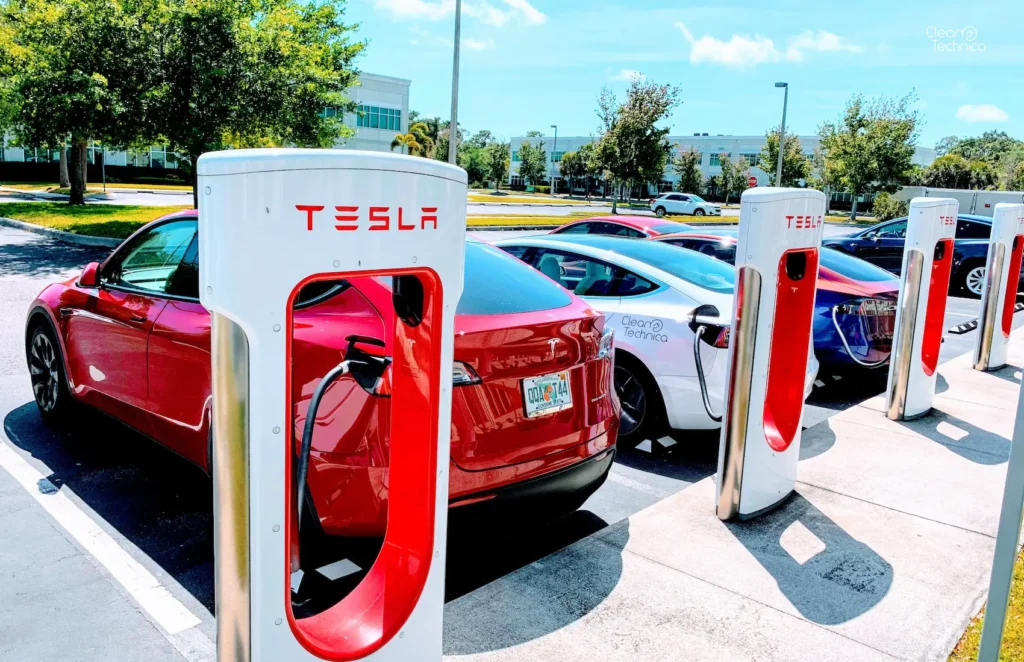
Realities of Electric Car Battery Life
The lifespan of an electric car battery is impacted by a variety of factors, including temperature, charging habits, and the age of the battery. Exposure to extreme temperatures, both hot and cold, can degrade the battery over time. Additionally, frequent fast charging can also impact battery life, and the age of the battery itself can impact its overall capacity.
To maintain and maximize the lifespan of an electric car battery, it’s important to follow a few key practices. First, it’s important to avoid exposing the battery to extreme temperatures whenever possible. If the car is parked outside in hot or cold weather, it’s a good idea to use a charging station with climate control to help regulate the temperature of the battery.
Another way to maintain battery life is to avoid frequent fast charging. While fast charging can be convenient, it can also put additional strain on the battery and shorten its lifespan. Instead, it’s a good idea to use slow charging whenever possible, and to only use fast charging when necessary.
In addition to following best practices for maintaining battery life, there are a few tips that electric car owners can follow to get the most out of their battery. For example, it’s important to avoid letting the battery run down to zero or charging it up to 100% whenever possible. Instead, it’s a good idea to keep the battery charged between 20% and 80% whenever possible, as this can help to extend its lifespan.
Another way to maximize battery life is to use regenerative braking whenever possible. Regenerative braking allows the car to recover energy that would otherwise be lost during braking, which can help to extend the range of the car and reduce wear on the brakes.
Overall, while electric car batteries do have a limited lifespan, there are steps that electric car owners can take to maintain and maximize battery life. By avoiding exposure to extreme temperatures, avoiding frequent fast charging, and following best practices for charging and discharging the battery, electric car owners can get the most out of their battery and enjoy the benefits of electric driving for years to come.
Future of Electric Car Battery Life
Advancements in electric car battery technology are rapidly changing the landscape of the industry. One of the most significant advancements is the development of solid-state batteries, which are expected to offer higher energy density, faster charging times, and longer lifespans than current lithium-ion batteries. Additionally, researchers are exploring the use of new materials, such as silicon and lithium-sulfur, which could further improve the performance and lifespan of electric car batteries.
These advancements in electric car battery technology are expected to have a significant impact on the lifespan of electric car batteries. Solid-state batteries, for example, are expected to last longer and require less maintenance than current lithium-ion batteries, which could help to reduce the cost of ownership for electric cars over the long term. Additionally, faster charging times and higher energy density could make electric cars more convenient and accessible to a wider range of consumers.
The future of electric car battery life looks bright, with continued advancements in technology expected to improve the performance and lifespan of electric car batteries. This is important for the industry, as longer-lasting and more efficient batteries can help to make electric cars more accessible and affordable to consumers, which can drive adoption and growth in the industry.
Additionally, as the world moves towards a more sustainable future, the importance of electric car battery life will only continue to grow. Electric cars offer a cleaner and more efficient alternative to gas-powered cars, and longer-lasting batteries can help to make electric cars even more environmentally friendly and sustainable.


